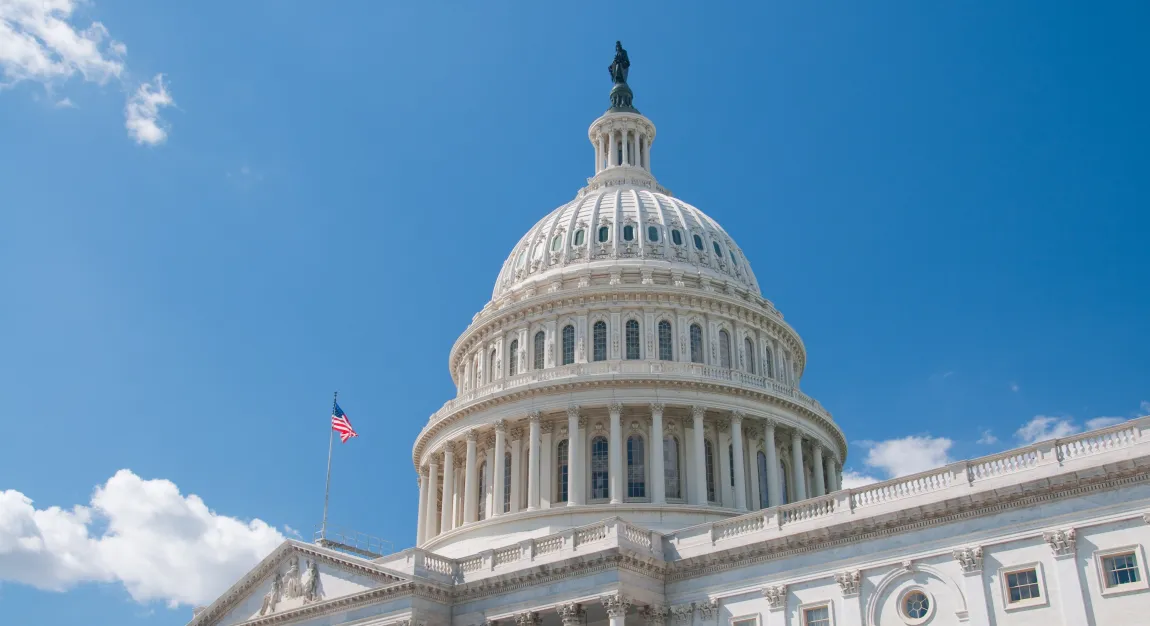Recent federal policy changes signal important shifts for physicians, including new Medicare payment rates for 2026, expanded access to mobile cancer screenings, and a renewed push for claims data access for research and quality improvement.
Medicare Physician Fee Schedule
The Centers for Medicare & Medicaid Services (CMS) recently released the calendar year (CY) 2026 Medicare Physician Fee Schedule Proposed Rule, introducing two separate conversion factors under MACRA. Starting in CY 2026, clinicians participating in Advanced Alternative Payment Models (APMs) will receive $33.59 (a 3.83% increase), while Merit-based Incentive Payment System clinicians will receive $33.42 (a 3.32% increase). The conversion factor changes will replace previous lump-sum APM bonuses.
Despite the increase, CMS is proposing other changes that could impact surgical reimbursement. A new efficiency adjustment may reduce work relative value units and intra-service time for certain services. Additionally, an update to the indirect practice expense methodology will shift costs from facility-based to non-facility-based services, with physician payments for facility-based care projected to drop by 7%. STS is analyzing the potential effects of these changes on STS members.
Learn more about the fee schedule.
The Mobile Cancer Screening Act
STS applauds the bipartisan reintroduction of the Mobile Cancer Screening Act, which aims to expand access to lifesaving screenings—especially low-dose CT scans for lung cancer—in rural and underserved communities.
Introduced by Representatives Raul Ruiz, MD (D-CA), Gabe Evans (R-CO), and Debbie Wasserman Schultz (D-FL), the bill would create a competitive Health Resources and Service Administration (HRSA) grant program offering up to $2 million per award to fund mobile screening units, equipment, and software.
Its reintroduction follows the Supreme Court’s decision in Kennedy v. Braidwood Management, affirming insurers’ obligation to cover preventive care, including USPSTF-recommended lung cancer screenings.
STS urges swift passage of this critical legislation, which will enhance early detection, improve survival, and advance healthcare accessibility nationwide.
The Access to Claims Data Act
Earlier this month, Reps. John Joyce, MD (PA-13), and Kim Schrier, MD (WA-08) reintroduced the Access to Claims Data Act, a significant step forward for physician-led quality improvement.
This bipartisan legislation, a key focus of STS advocacy during this spring's advocacy conference, will grant clinician-led registries like the STS National Database access to essential federal claims data. This access will enhance longitudinal research, promote data-driven decision-making, and facilitate quality improvement nationwide.
